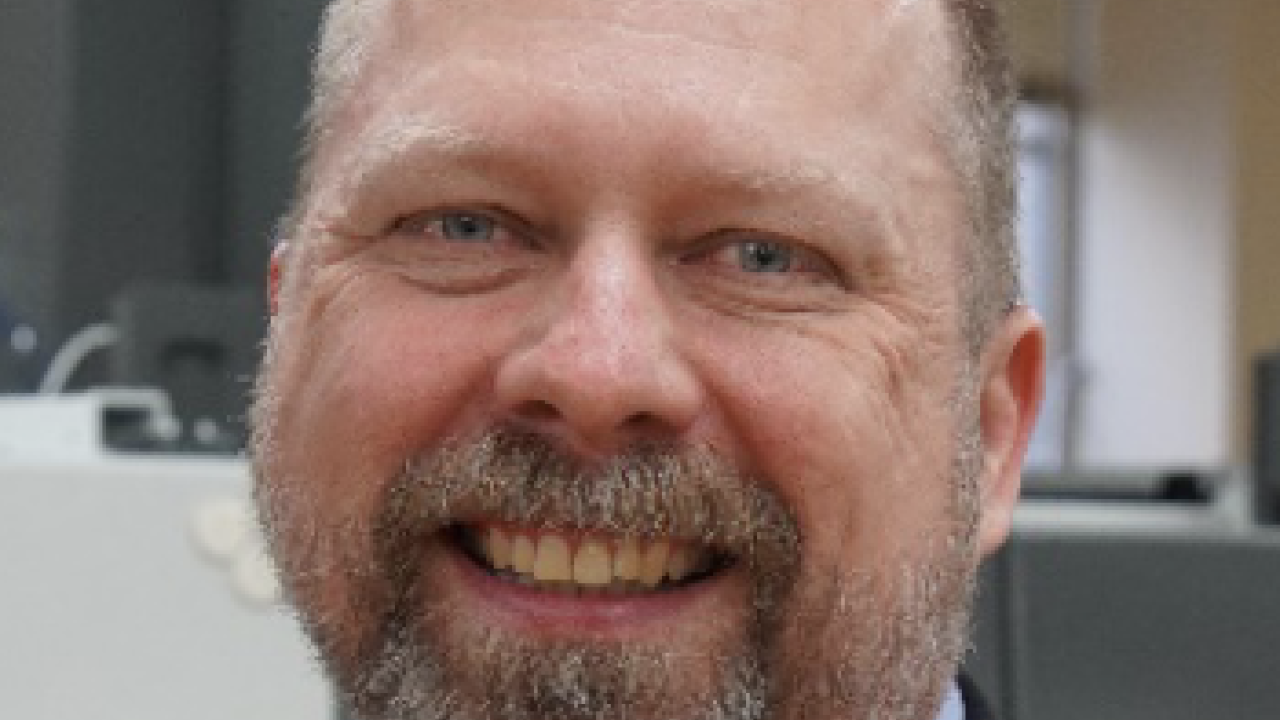
Event Date
Presenter: Frank E. Pfefferkorn, Ph.D., FCIRP
Professor and Associate Chair for Graduate Studies
Department of Mechanical Engineering
University of Wisconsin-Madison
E-mail: frank.pfefferkorn@wisc.edu
Abstract
The global market for metal additive manufacturing was estimated to be $2.6 Billion in 2021 with a projected annual growth rate of 20%. This growth is being fueled by research and commercial attention is being paid to better understanding metal additive manufacturing processes and developing applications beyond prototyping. While the vast majority of metal additive manufacturing is still used very effectively for prototyping, a growing number of parts are being manufactured for use in aerospace, biomedical, and automotive systems. Close to 100% of those metal parts are being produced with processes that require melting: e.g., powder bed fusion, direct energy deposition, or casting into printed molds. To try and reduce the energy consumption during manufacturing, avoid solidification defects, enable more alloys to be printed, and produce parts with improved properties there has been a growing interest in studying solid-state metal additive manufacturing processes. These are metal deposition processes that utilize friction and severe plastic deformation to hot work material below the solidus temperature: i.e., stay below the melting point. To begin with, a survey of various solid-state additive manufacturing processes that are available today, their applications, benefits and challenges will be presented. The main body of the talk will focus on one process, friction surfacing, and explore what we know and don't understand about how metal is being deposited, as well as the resulting microstructure, properties, and performance for a few applications. To close, future directions of research into friction surfacing will be discussed.
Biosketch
Dr. Frank Pfefferkorn is a Professor in the Department of Mechanical Engineering and the Director of the Manufacturing Systems Engineering Program at the University of Wisconsin-Madison (UW-Madison). His Doctoral Degree is in Mechanical Engineering from Purdue University in West Lafayette, Indiana (2002). His core expertise is in temperature measurement, fabrication of thin-film temperature sensors on cutting tools, heat transfer modeling, solid-state joining processes (e.g., friction stir welding, friction surfacing), and experimental observation of manufacturing processes. He has conducted advanced manufacturing process research for 25 years. He has active research in friction surfacing, friction stir welding, fabrication of thin-film thermocouples on tooling, laser polishing, and metal additive-subtractive manufacturing. Dr. Pfefferkorn has authored over 125 publications in these areas, including journal articles, conference proceedings, and invited book chapters. His research has been funded by the U.S. National Science Foundation, U.S. Department of Energy, U.S. Office of Naval Research, Wisconsin Alumni Research Foundation, Machine Tool Technology Research Foundation, and industry.
In 2021, Dr. Pfefferkorn, was elected to Fellow of the International Academy of Production Engineering where he is serving as the Vice-Chair of Scientific Technical Committee “E” (Electro-Physical & Chemical Processes).
From September 2015 through August 2016, Dr. Pfefferkorn served as the Assistant Director for Research Partnerships in the Advanced Manufacturing National Program Office located at the National Institute of Standards and Technology in Gaithersburg, Maryland. Dr. Pfefferkorn also has an appointment as an Austrian Marshall Plan Foundation Endowed Professor at TU
